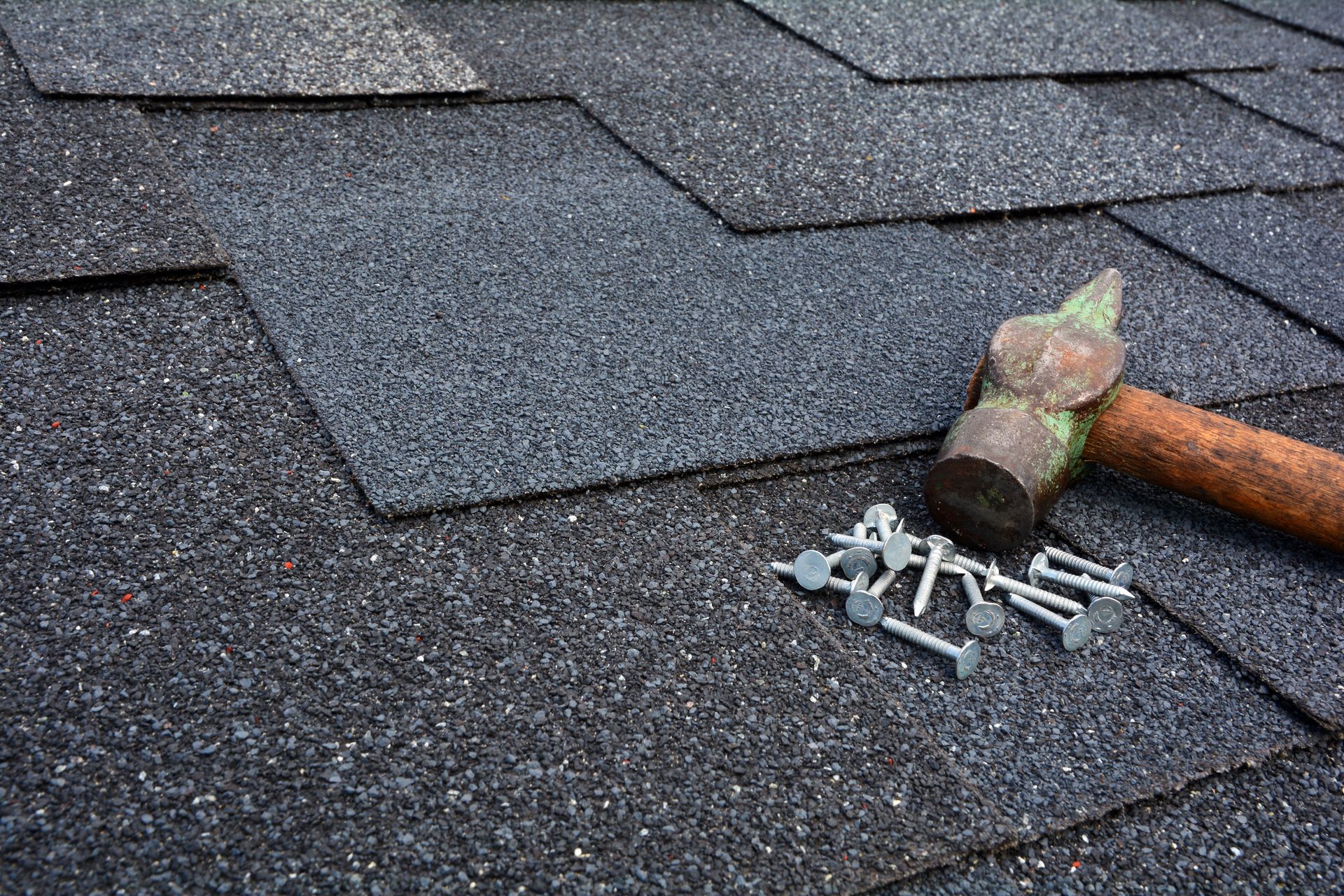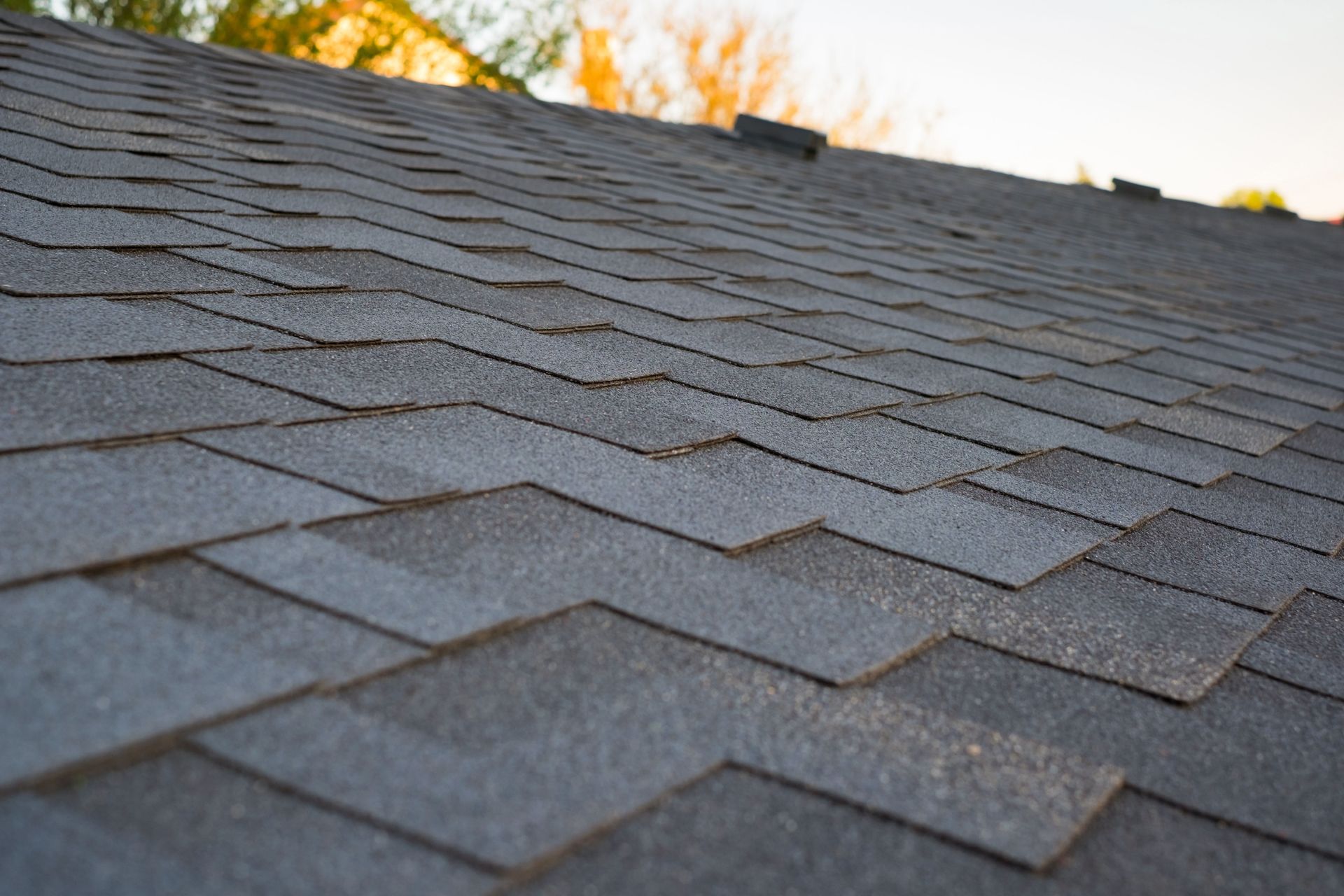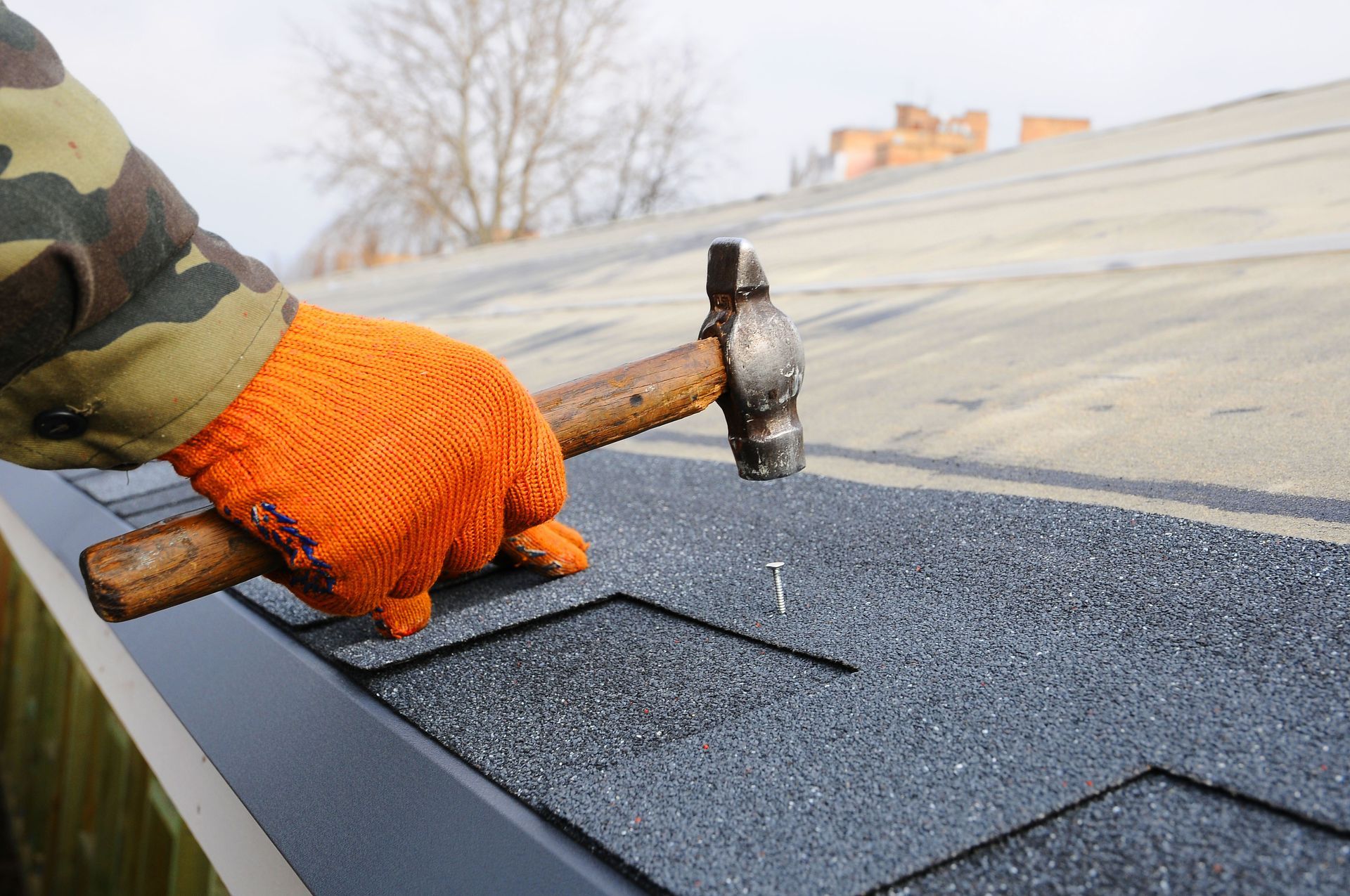September 17, 2025
Deciding whether to repair or replace your roof is a common dilemma for homeowners. Roofs are vital to protecting your home from the elements, and making the wrong choice can result in costly consequences. Factors such as age, damage, material, and budget all play a role in determining the best course of action. Consulting a trusted local roofer can provide clarity, but understanding the key considerations before reaching out can save time and money.
Regular inspections help identify minor issues before they escalate into major problems, allowing you to make informed decisions about repairs or replacement.
Evaluating the Age of Your Roof
One of the first considerations when deciding between repair and replacement is the age of your roof. If your roof is nearing the end of its expected lifespan, even minor repairs may only provide temporary relief.
Older roofs are more prone to leaks, shingle damage, and structural wear. In such cases, a full replacement is often the most cost-effective solution. However, if your roof is relatively young and in good condition, repairing specific problem areas may be sufficient. Consulting a local roofer can help determine whether the roof's age justifies replacement or if repairs will extend its life efficiently.
Identifying Visible Damage
Visible damage is often the most obvious indicator that your roof may need attention. This includes missing, cracked, or curling shingles, water stains on ceilings or walls, and sagging areas of the roof. Storms, heavy winds, and falling debris can also leave lasting damage that requires repair.
A local roofer can conduct a thorough inspection to assess the extent of the damage. Sometimes, what appears to be a minor problem can signal underlying structural issues. Timely repairs can prevent further deterioration, whereas ignoring visible damage could lead to leaks, mold growth, and more extensive repairs or replacement costs down the line.
Considering the Cost of Repairs Versus Replacement
Cost is a critical factor in the repair versus replacement decision. Roof repairs are generally less expensive upfront, making them appealing for minor issues or budget-conscious homeowners. However, frequent repairs over time can accumulate, sometimes exceeding the cost of a full replacement.
A roof replacement involves a higher initial expense but provides a longer-term solution. New roofs come with warranties and can improve your home's energy efficiency and overall value. A local roofer can provide an accurate estimate for both repairs and replacement, helping you weigh short-term savings against long-term investment.
Assessing the Extent of Damage
Not all roofing issues are created equal. Minor leaks or localized shingle damage may only require spot repairs. On the other hand, widespread wear, multiple leaks, or structural damage often necessitate full replacement.
A comprehensive inspection by a local roofer can identify hidden problems that might not be visible from the ground. For example, water damage can affect decking, underlayment, and insulation, all of which may not be apparent without a professional assessment. Understanding the full scope of damage ensures you choose the most appropriate solution for your home.
Examining the Roof's Material
The type of material your roof is made from can influence the repair or replacement decision. Asphalt shingles are relatively easy to repair, while tile, slate, or metal roofs may be more complex and costly to fix. In some cases, patching materials like slate or tile may be impractical, making replacement a more logical choice.
Material also affects lifespan and performance. Metal roofs, for instance, can last 50 years or more, while some asphalt shingles may deteriorate faster in harsh climates. A local roofer with experience in your specific roofing material can advise you on the most effective strategy to maintain your roof's integrity and performance.
Understanding the Impact on Home Value and Aesthetics
Your roof is not only a protective layer but also a key component of your home's curb appeal. A well-maintained roof can enhance your property's aesthetic value, whereas an old, damaged roof can detract from its overall appearance.
Replacing your roof can modernize your home's look, increase market value, and attract potential buyers if you plan to sell in the near future. Minor repairs may maintain functionality but may not improve appearance significantly. A local roofer can provide options for materials and colors that complement your home, balancing aesthetics with practicality.
Considering Energy Efficiency
An aging or damaged roof can contribute to energy inefficiency by allowing heat to escape in the winter or enter in the summer. Insulation may also degrade over time, further increasing energy costs.
Replacing your roof with energy-efficient materials can help reduce utility bills and improve indoor comfort. Repairs alone may not address insulation or ventilation issues that affect efficiency. A local roofer can recommend solutions that optimize energy performance while maintaining the roof's structural integrity.
Analyzing the Potential for Underlying Structural Issues
Sometimes, surface-level problems are indicators of deeper structural issues. Rotting wood, compromised decking, or weakened support beams may not be visible during a casual inspection. Repairing the surface may temporarily mask these issues, but replacement might be necessary to address the root cause.
Professional inspection by a local roofer ensures any underlying structural concerns are identified. Ignoring these problems can lead to more extensive damage and higher costs in the future. Addressing structural issues early, whether through targeted repairs or replacement, protects the long-term health of your home.
Considering Timing and Season
The timing of repairs or replacement can impact cost and convenience. Roofing work is generally easier and safer during mild weather conditions. According to GAF, roof systems should be inspected at least two times per year, once in the spring and again in the fall. Scheduling inspections and repairs during these periods allows you to catch issues early and plan for replacement if needed.
Seasonal timing also affects roofing material availability and contractor schedules. Planning ahead with a local roofer ensures your project proceeds smoothly without delays, especially during peak roofing season.
Understanding the Role of Professional Assessment
Ultimately, the choice between repair and replacement should be guided by a professional assessment. While minor repairs may seem straightforward, a local roofer can provide an expert evaluation that considers age, damage, materials, structural integrity, and cost-effectiveness.
A qualified local roofer can also advise on preventative maintenance strategies that prolong roof life, including regular inspections, debris removal, and small repairs. Their expertise ensures that your decision is based on facts and professional recommendations rather than guesswork.
Balancing Immediate Needs With Long-Term Goals
Choosing between repair and replacement is a balance of immediate needs and long-term goals. Repairs may address urgent problems and minimize short-term costs, but replacement can offer long-term peace of mind, improved energy efficiency, and enhanced home value.
A local roofer can help you evaluate these factors and create a plan that aligns with your budget, home goals, and the condition of your roof. This approach ensures you make a decision that is both practical and financially sound.
Deciding whether to repair or replace your roof is a significant choice that affects your home's safety, comfort, and value. Minor issues may be resolved with repairs, but widespread damage, aging materials, or structural concerns often warrant a full replacement. Consulting a local roofer ensures you receive an accurate assessment and professional recommendations tailored to your specific situation. If you're seeking a local roofer you can count on, contact Golden Eagle Roofing Services today!





